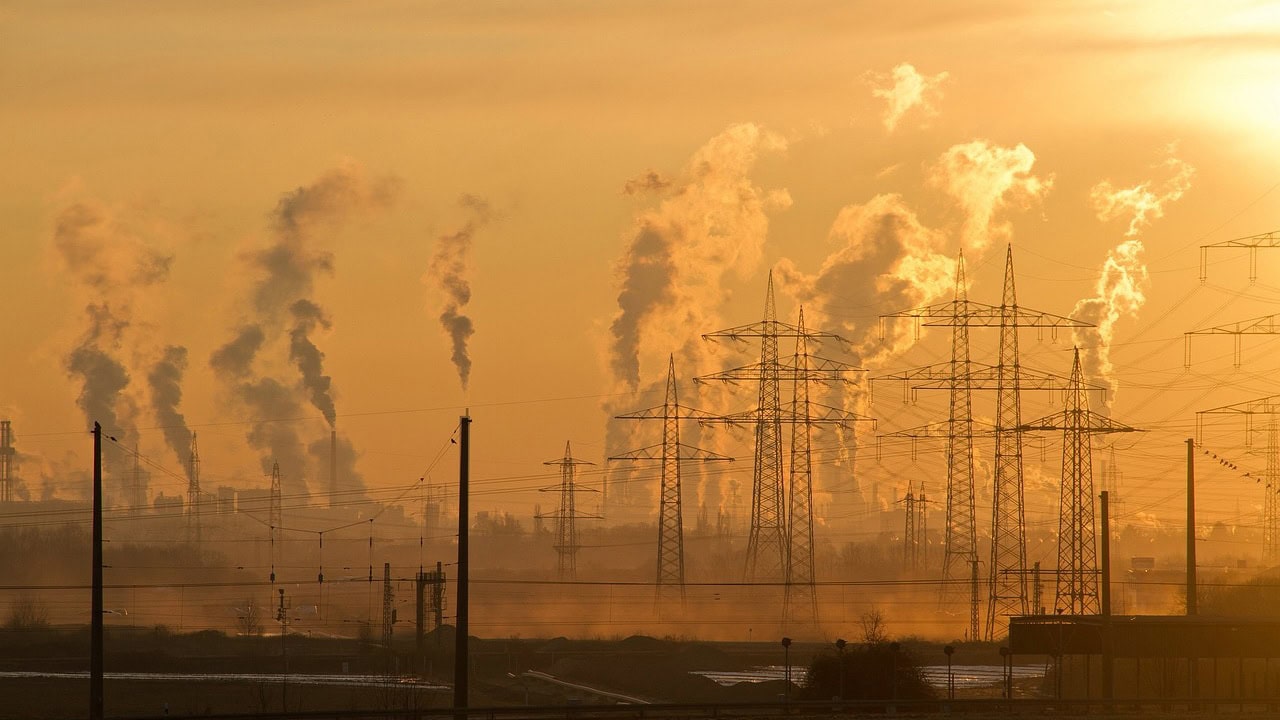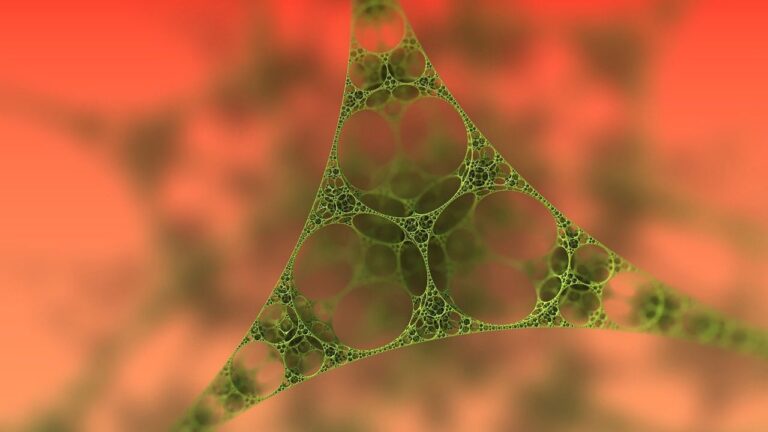Understanding Environmental Toxicology: A Crucial Science for Our Future

Environmental toxicology is a field of science that investigates the impact of chemicals and other potentially harmful agents on living organisms and ecosystems. It is an interdisciplinary study that combines elements of biology, chemistry, and environmental science to understand how pollutants affect the health of our planet.
As environmental concerns continue to rise globally, understanding this scientific discipline is becoming increasingly important for ensuring a sustainable future.
The Role of Environmental Toxicology
Environmental toxicology plays a crucial role in identifying and evaluating the risks posed by pollutants in our environment. These pollutants can originate from various sources, including industrial discharges, agricultural runoffs, and urban waste.
By studying how these substances interact with living systems, scientists can develop strategies to mitigate their harmful effects.
Assessing the Impact of Pollutants
One of the primary goals of environmental toxicology is to assess the impact of pollutants on both human health and the natural world. This involves examining how chemicals enter organisms, how they are distributed and metabolized, and their potential to cause harm.
Through rigorous testing and research, environmental toxicologists can predict the short-term and long-term effects of exposure to toxic substances.
Risk Assessment and Management
A significant aspect of environmental toxicology is risk assessment and management. This process involves evaluating the likelihood of adverse effects occurring under specific conditions and determining acceptable levels of exposure.
By providing scientific data and guidelines, environmental toxicologists help policymakers implement regulations that protect public health and the environment.
Key Areas of Study in Environmental Toxicology
Environmental toxicology encompasses several key areas of study, each focusing on different aspects of how pollutants affect the environment and living organisms.
Ecotoxicology
Ecotoxicology examines the effects of toxic chemicals on biological communities and ecosystems. It investigates how pollutants affect species interactions, biodiversity, and ecosystem functions.
By understanding these dynamics, ecotoxicologists can predict the broader ecological consequences of chemical exposure and help develop strategies for ecosystem restoration.
Human Health Toxicology
Human health toxicology focuses on how environmental pollutants impact human health. This branch of toxicology studies the mechanisms by which chemicals cause diseases, such as cancer, respiratory illnesses, and reproductive disorders.
It also explores the effects of chronic exposure to low levels of pollutants, which can have insidious impacts over time.
Analytical Toxicology
Analytical toxicology involves the detection and quantification of toxic substances in the environment. This area of study relies on advanced laboratory techniques to measure pollutant concentrations in air, water, soil, and biological samples.
By accurately identifying and quantifying toxicants, scientists can better understand the extent of contamination and inform remediation efforts.
The Importance of Environmental Toxicology in Modern Society
Environmental toxicology is increasingly important in today’s society as we face numerous environmental challenges. With industrialization and urbanization accelerating worldwide, the release of harmful substances into the environment has become a pressing concern.
Climate Change and Pollution
Climate change exacerbates the effects of pollution by altering the distribution and behavior of toxic substances. Rising temperatures and changing precipitation patterns can influence the dispersal of pollutants, increasing the risk of exposure for both humans and wildlife.
Environmental toxicologists are at the forefront of researching these complex interactions to mitigate the impacts of climate change on environmental health.
Regulatory and Policy Implications
The findings from environmental toxicology research inform regulatory frameworks and policy decisions. Governments rely on scientific evidence to establish safety standards for chemical exposure and to develop strategies for pollution prevention.
By ensuring that regulations are grounded in sound science, environmental toxicologists contribute to creating a safer and healthier world.
Challenges and Future Directions
Despite its importance, environmental toxicology faces several challenges that require ongoing research and innovation.
Emerging Contaminants
Emerging contaminants, such as pharmaceuticals, personal care products, and nanomaterials, present new challenges for environmental toxicologists. These substances often have unknown effects and can persist in the environment, necessitating the development of novel methods for assessment and remediation.
Interdisciplinary Collaboration
The complexity of environmental toxicology demands collaboration across various scientific disciplines. By integrating knowledge from fields such as ecology, chemistry, and public health, researchers can develop comprehensive approaches to addressing environmental issues.
Public Awareness and Education
Increasing public awareness and understanding of environmental toxicology is crucial for fostering a culture of sustainability. Education initiatives can empower individuals and communities to make informed decisions about environmental health, encouraging actions that reduce pollution and promote conservation.
Conclusion: The Path Forward for Environmental Toxicology
Environmental toxicology is a vital field of study that addresses some of the most pressing challenges facing our world today. By understanding the interactions between pollutants and living systems, we can develop strategies to protect both human health and the environment.
As we look to the future, the continued advancement of environmental toxicology will be essential for ensuring a sustainable and healthy planet for generations to come. Through interdisciplinary collaboration, innovative research, and public engagement, we can pave the way for a safer and more resilient world.






